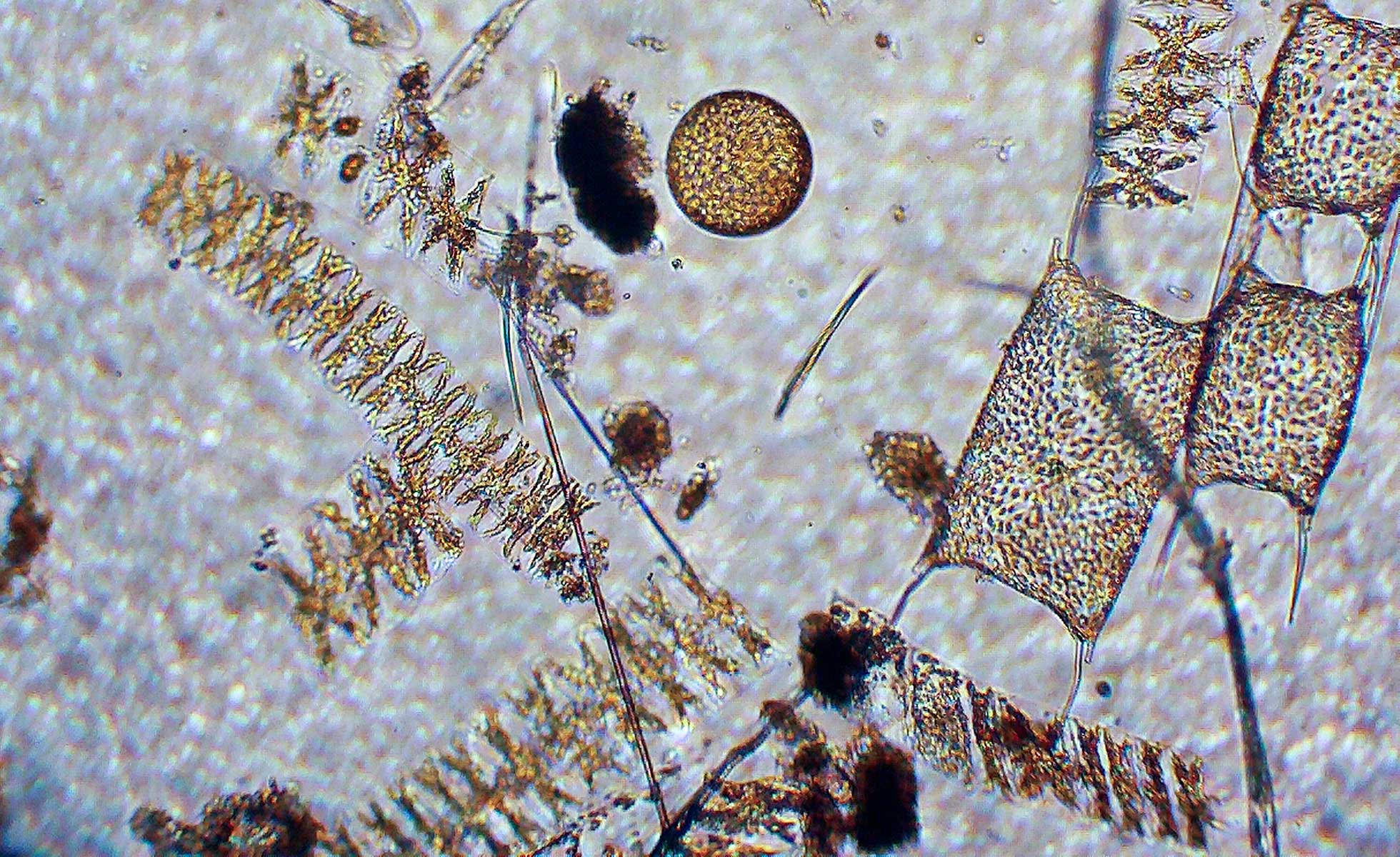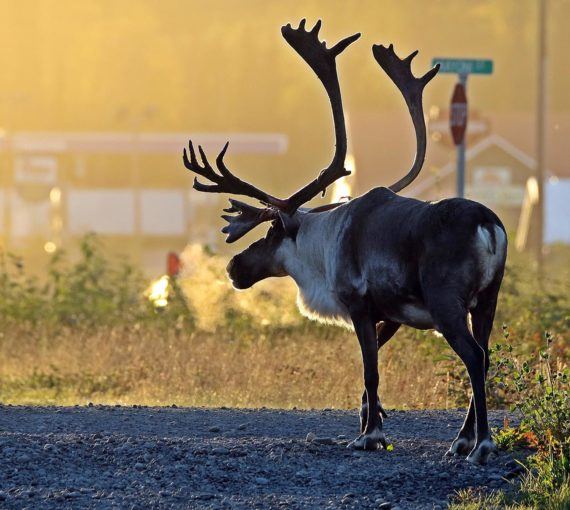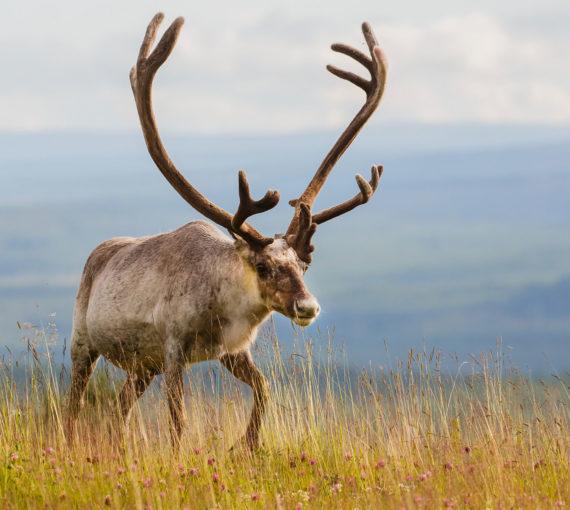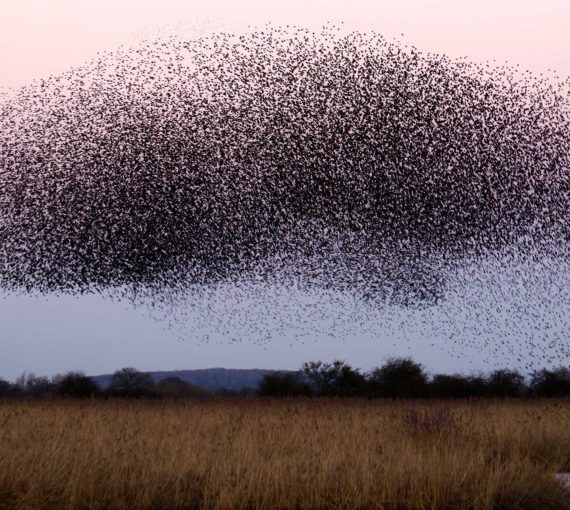
Healthy oceans and the plankton they support give us most of the oxygen we breathe and provide food for much of humanity. (Photo: Chris Moody via Flickr)
We should appreciate nature for its own sake. After all, we’re part of it. We must also recognize that nature gives us what we need to stay healthy and survive. What we do to nature, we do to ourselves.
Healthy oceans and the plankton they support give us most of the oxygen we breathe and provide food for much of humanity. Trees sequester carbon, produce oxygen, filter contaminants in air and water and prevent erosion and flooding. Polar ice caps regulate global temperatures and ocean currents. From the smallest microbes to the largest mammals, biodiverse animal life keeps natural systems in balance, ensuring that everything in the food web — including us — can find sustenance.
Nature’s interconnections are so wonderfully complex that we’re still a long way from fully understanding them, from knowing what the consequences of a seemingly small impact on one part of an ecosystem will have on the entire system.
We can be certain, though, that we’re putting all the systems that make human societies possible in great peril. We also know that the main barriers to implementing the many available and emerging solutions are lack of political will and imagination and the refusal of so many people to even acknowledge the problems we’ve created.
We’ve known for decades about climate change’s devastating effects, but the fossil fuel industry has convinced politicians and media that its enormous profits are more important than life itself. Now, the world’s leading scientists are warning that human behaviour is destroying the biodiversity on which human and other life depends at a terrifyingly rapid rate.
From the smallest microbes to the largest mammals, biodiverse animal life keeps natural systems in balance, ensuring that everything in the food web — including us — can find sustenance.
“We are eroding the very foundations of our economies, livelihoods, food security, health and quality of life worldwide,” said Robert Watson, chair of the Intergovernmental Science-Policy Platform on Biodiversity and Ecosystem Services.
The warning comes in “the most thorough planetary health check ever undertaken,” an 1,800-page assessment involving three years of research by 455 scientists and diplomats from 50 countries, who looked at more than 15,000 academic studies, along with reports from Indigenous communities dealing daily with the crises.
The IPBES Global Assessment found, among other things, that one million of Earth’s estimated eight million plant and animal species (including 5.5 million insect species) are at risk of extinction, three-quarters of terrestrial and two-thirds of marine environments have been “severely altered” and, since 1700, more than 85 per cent of wetlands have been lost — all because of human activity. The major causes include changes in land and sea use, direct exploitation of organisms, climate change, pollution and invasive alien species, driven by increasing human populations, consumption and technological change.
Loss of forest cover, wetlands, insect populations, biodiversity and more is having devastating impacts on food security, climate change adaptation and global economies. More than US$577 billion in global crops are at risk from pollinator loss alone!
The scientists offer a range of solutions and argue it’s not too late to save ourselves from catastrophe with “transformative changes across economic, social, political and technological factors.” But, as with climate disruption, we’ve already wasted a lot of time through political intransigence, denial, fear of change and lack of foresight.
The world’s leading scientists are warning that human behaviour is destroying the biodiversity on which human and other life depends at a terrifyingly rapid rate.
Now, people — especially young people, who are inheriting this mess — are demanding action. From student climate strikes to Extinction Rebellion to calls for a “green new deal,” people are letting those in the corridors of power know that time is running out and the status quo is unsustainable.
Is anyone listening? Some signs are promising. Biodiversity loss is on the G8 agenda for the first time, and countries from China to the U.K. have started looking into solutions. But in Canada, we can’t even get politicians to agree on a climate solution as basic as putting a price on greenhouse gas emissions, and the current U.S. administration appears to reject any environmental protections. Now, younger, more caring voices are starting to drown out the bleating of those who stand in the way of change.
Many people are doing their part — driving and flying less, eating less meat, reducing and recycling, paying attention to the impacts of their consumer choices and more. Most importantly, they’re taking to the streets and polling booths to demand progress.
Solutions are available. We must put all our efforts into reversing course now!



